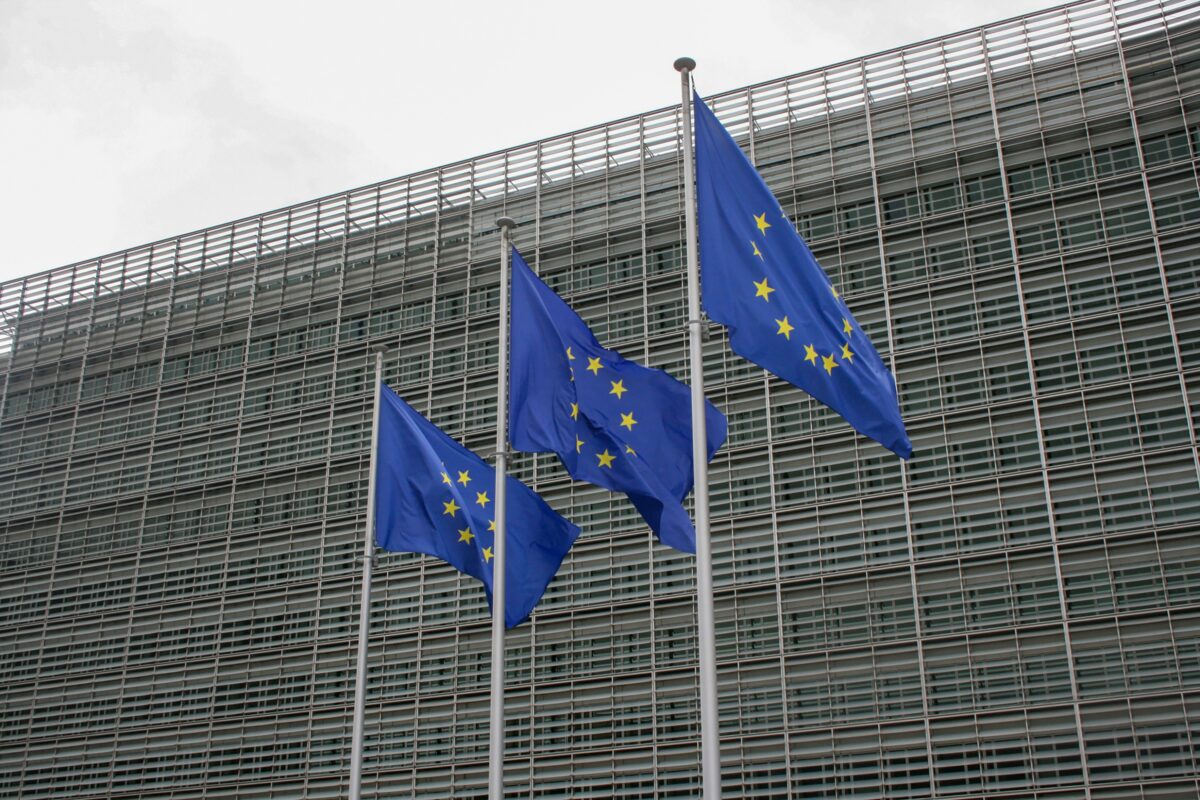By Arjo Klamer, Dirk Bezemer, Vera Lubbersen, Michael Milo, Irene van Staveren, Thomas Steiner, and others.
Resume of a position paper written as part of the three-year programme Finance and the Common Good (2019-2021) of Socires and the Sustainable Finance Lab.
Debts have always been a moral issue. They are laden with norms and values. Being in debt brings value judgments. Creating debt creates responsibility. The question is: are we treating debt properly today? Do debts and the relationships they imply need to be reassessed?
Debts have been increasing rapidly, even more so after the warning calls of the financial crisis that started in 2008. Since then debt worldwide increased with an additional 80 percent. This debt mountain is looming as a big threat over the world-economy. In addition, it augurs serious troubles for numerous individuals in debt as well as countries that are in debt.
Households, companies and governments take on debts to finance activities and investments. As long as the activities financed by debt are productive and as long as this increases incomes, debts contribute to the development of society and its economy and can be repaid with the newly generated income. When general trends become negative, as now during the corona crisis, debts tend to become unproductive. They can even turn into a lead weight that draws people, companies, organizations and countries down. The question then is: who will take responsibility?
You can read the full document (in Dutch) and the summary via the links below.



